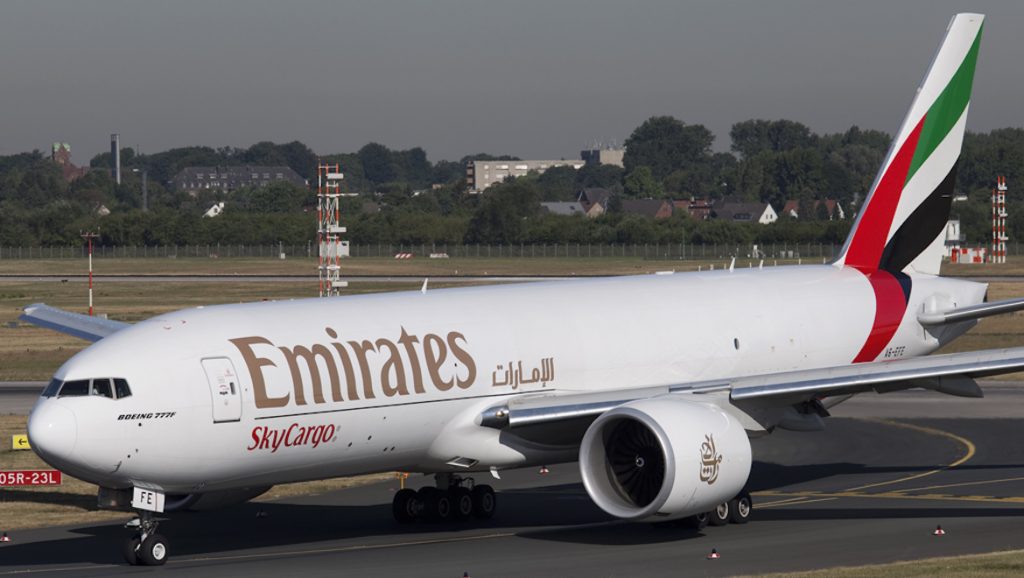
Emirates, the biggest flag carrier of the United Arab Emirates, has boasted it was the largest international carrier in the year of 2020, according to new data.
The Dubai-based airline said it carried over 15.8 million passengers over the 12-month period according to 2021 statistics from the International Air Transport Association (IATA).
Emirates believes its successful progression towards pre-pandemic levels is due to its fast-paced response to the IATA health pass and high employee vaccination rates.
While the UAE faced some of the highest daily case numbers in January this year, infections have dropped significantly as the months move along.
Last week, UAE announced the opening of its borders to tourists from anywhere in the world, provided they can prove their COVID-19 vaccination status, a major step ahead of most nations globally.
“What a difference a year makes,” the Emirates press release said.
“Over the summer travel months of July and August, Emirates handled nearly 1.2 million customers at its hub, compared to 402,000 customers during the same period in 2020.”
During the height of the pandemic, Emirates’ total passenger and cargo capacity dropped by around 80 per cent due to increased border restrictions as cases skyrocketed.
While the airline boasts last year it carried the most passengers – including the months before COVID-19 hit – during the 2020-2021 fiscal year, Emirates only carried 6.6 million passengers.
This imposed a significant loss of US$5.5 billion on the airline, despite the US$2 billion in government aid provided by Dubai.
But now as Dubai reopens its borders to visitors, its flight schedule compared with this time last year has significantly increased from a “handful of cities in July 2020 to over 120 destinations today”.
According to the carrier, more flights will be layered onto over 20 routes by October.
Emirates was also one of the first companies to sign up to IATA’s digital verification health pass, being a “forerunner” ahead of competitors, signing up in April.
The pass is offered to customers who fly between Dubai and ten other cities, but is set to expand to all markets soon.
Since the pandemic began and the World Health Organisation COVID-19 vaccinations came into full swing, airlines have increased pressure on employees to get double-jabbed.
Many airlines have now mandated this as part of retaining employment.
Etihad Airways – its main UAE competitor – became the first carrier in the world to mandate the COVID-19 vaccine in February, now with 100 per cent of its onboard staff double-jabbed.
Although Emirates did not mandate the vaccine, the company took a similar route to increase them.
“When COVID-19 vaccines became available Emirates implemented a company-wide campaign to encourage employees to protect themselves and others,” said the airline.
Now, over 95 per cent of the company’s staff have been vaccinated.
The company said its success can also be attributed to a range of health measures introduced to reduce transmission, such a Biometric technology during check- in and self-service kiosks.
Since implementation, “more than 380,000 customers have used biometric gates to board their flight,” according to the Emirates.




